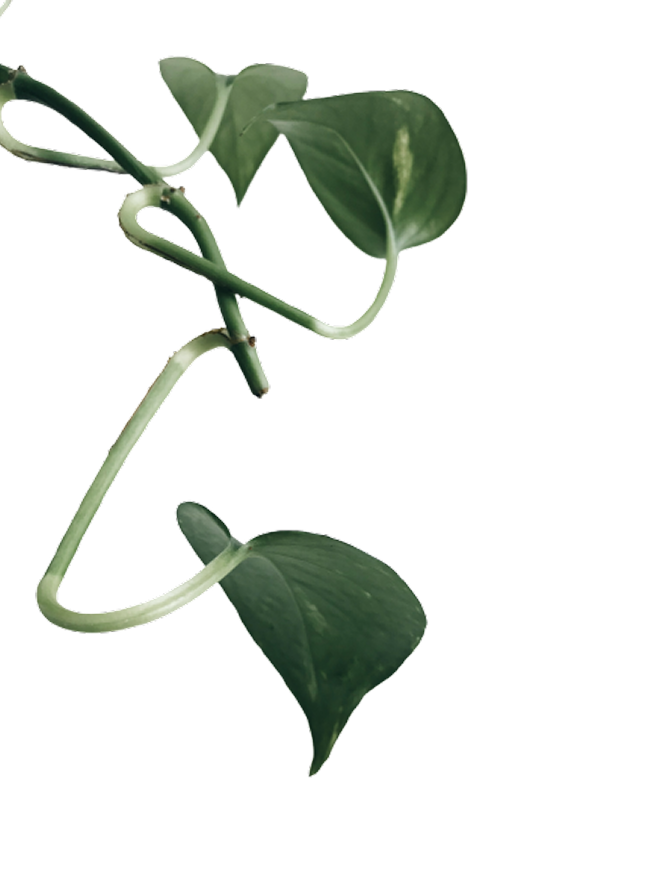


Inaugurated in 2023 with a generous grant from the Frederick P. Lenz Foundation for American Buddhism, Roots & Refuge (R&R) is an annual summer retreat for Asian-heritage writers of all genres who engage Buddhism in their creative and spiritual lives. Hosted at the Barre Center for Buddhist Studies (BCBS) in central Massachusetts, the retreat is supported by scholarship funding from the Hemera Foundation, BCBS, and numerous R&R alumni.
If you ask me whether I belong to a writing group, I will tell you about the Roots and Refuge community. It’s an intergenerational, interreligious, intercultural, interracial collective that embodies everything I want to be when I grow up: funny and kind, talented and humble, caring and wise, unruffled and exuberant. By design, our retreat is experimental and participatory, emergent and co-led. To learn more, read Ryan Lee Wong’s “Home-Leaving and Refuge at the First Asian American Buddhist Writing Retreat” and Sophia Mao’s “Stories to Rest Into.” To really learn what it’s like: join us!
Listening to the Buddhists in Our Backyard (L2BB) reimagines how we teach—and learn—about Buddhism, in and beyond the classroom. L2BB asks: What happens when we center local Buddhist communities? What if people come first, textbooks later? What changes when we focus on the monastics and laypeople of Asian heritage who make up the majority of American Buddhists?
I could spend all day sharing the highlights of L2BB with you: The way it emerged in collaboration with the brilliant educator Andrew Housiaux, who read my first book, Be the Refuge, and decided he was going to transform the way he taught Buddhism to his higher schoolers. The Cambodian, Chinese, Lao, Thai, and Vietnamese Buddhist temples of the Merrimack Valley in Massachusetts that welcomed us for hours each time we visited. The scholars and practitioners who answered the students’ many questions via online and in-person meetings. The exceptional public-facing work the students produced—even though they weren’t getting a grade for this immersive ten-week learning experience.
When Duncan Ryuken Williams, Funie Hsu, and I first met on Zoom in 2021 to discuss news reports about the vandalization of Buddhist temples and rising anti-Asian violence across the nation, we wondered how best to respond. As we learned of more fatal attacks on Asian American Buddhists—including Vicha Ratanapakdee in San Francisco and Yong Ae Yue in the Atlanta spa shootings—we felt the need to organize a national ritual of mourning, mending and renewal.
The first May We Gather memorial in honor of Asian American ancestors was held on May 4, 2021. Our host temple, Higashi Honganji in Los Angeles, had been vandalized just a few months prior. The 117-year-old temple was repaired by a groundswell of community support, in time for dozens of Buddhist leaders to take part in a ceremony marking 49 days after the Atlanta spa shootings. With in-person attendance limited due to COVID-19, thousands participated via livestream. Videos and photos of the 2021 ceremony are available on the May We Gather website.